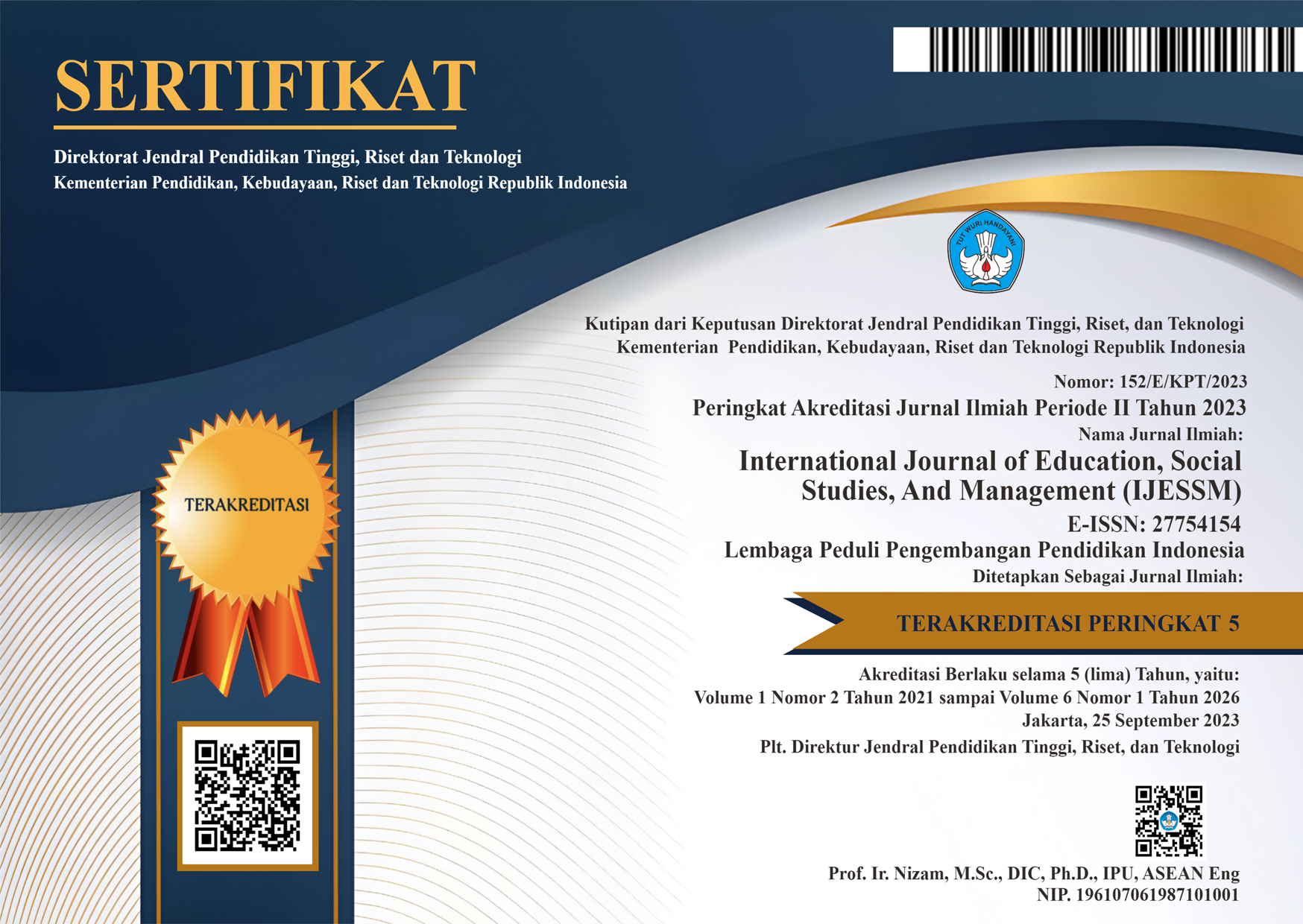Gains or Losses? WTO Dispute Settlement Impacts for Indonesia Trade Flows
DOI:
https://doi.org/10.52121/ijessm.v5i2.822Keywords:
Dispute Settlement, Export, Import, Trade Flow, WTOAbstract
This research investigates how Indonesia's trade patterns are affected by its involvement in WTO disputes, specifically through the lens of the Most-Favoured Nation (MFN) principle. Focusing on disputes involving Indonesia between 1996 and 2020, the study evaluates changes in trade flows by comparing Indonesia’s outcomes to those of other WTO members. To control for hidden variables that may influence trade behavior within each case, a fixed-effects (FE) model is applied. The analysis reveals that Indonesia tends to benefit more when it acts as a complainant than other WTO members in similar roles. Nonetheless, the data offer minimal support for the idea that a country's economic size plays a decisive role in shaping post-dispute trade outcomes. Likewise, the hypothesis that democratic states are less likely to engage in biased settlements due to internal accountability pressures is not supported by statistically significant results. Importantly, the consistency and reliability of these findings are reinforced through bootstrap testing, which confirms the stability and significance of key coefficients across the models.
Downloads
Published
How to Cite
Issue
Section
License
Copyright (c) 2025 International Journal Of Education, Social Studies, And Management (IJESSM)

This work is licensed under a Creative Commons Attribution 4.0 International License.

















